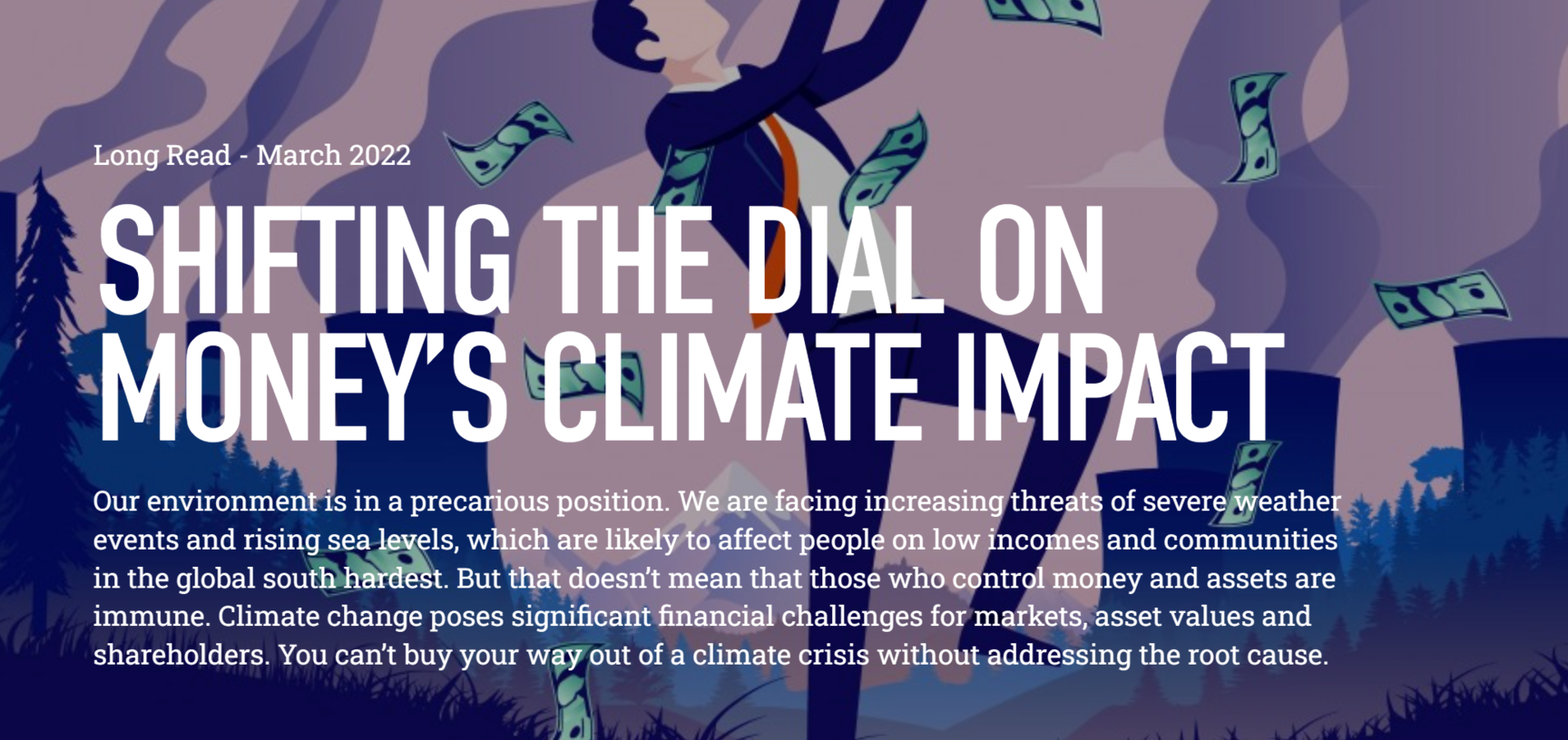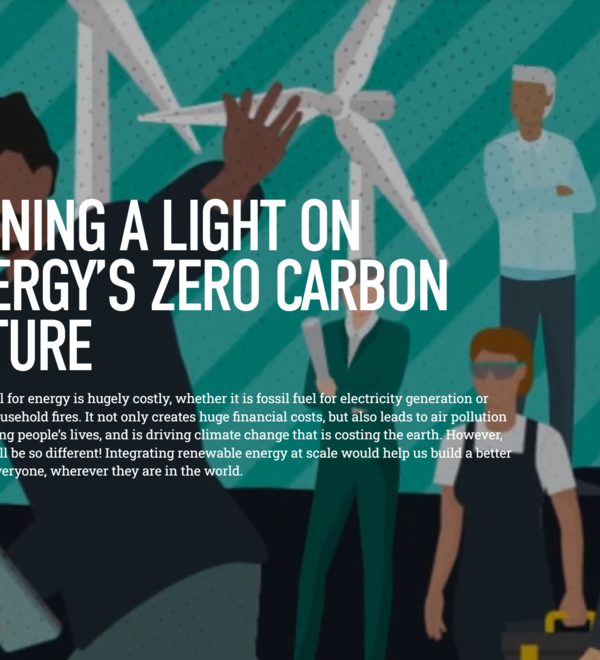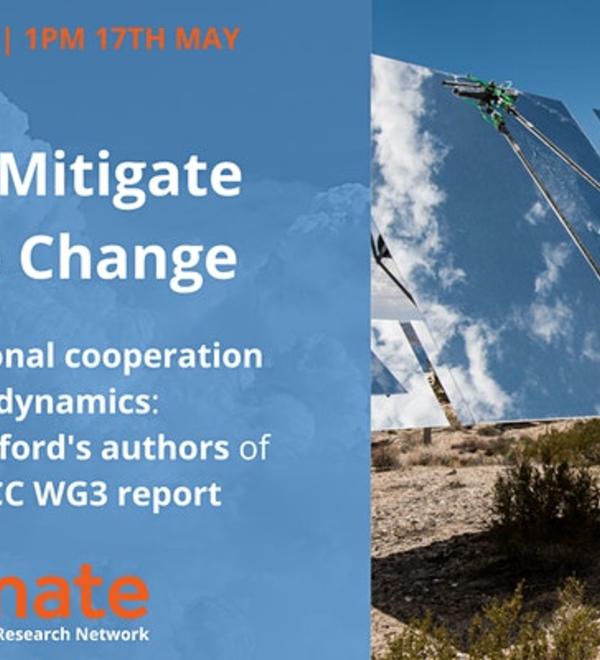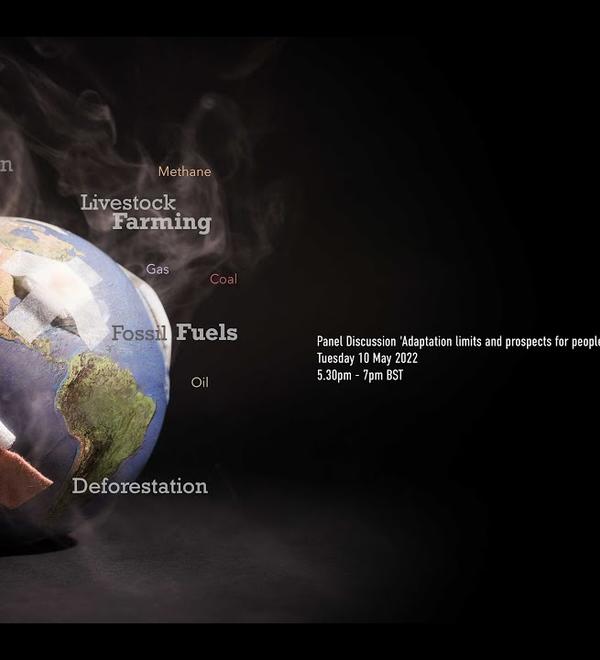Shifting the dial on money's climate impact
Our environment is in a precarious position. We are facing increasing threats of severe weather events and rising sea levels, which are likely to affect people on low incomes and communities in the global south hardest. But that doesn’t mean that those who control money and assets are immune. Climate change poses significant financial challenges for markets, asset values and shareholders. You can’t buy your way out of a climate crisis without addressing the root cause.
The climate crisis gives investors and shareholders an ethical conundrum - should they divest from fossil fuel companies? And if they don’t, how should they engage with the firms in which they remain invested in order to drive a transition toward more climate-conscious practices? And, particularly at a time of turmoil in international energy markets, how can they resolve the age-old trilemma between energy security, affordability and environmental impact?
The Oxford Martin Net Zero Carbon Investment Initiative, which ran from 2015 to 2021, was established to answer these questions, and to help investors accelerate the transition to a zero carbon economy.

















